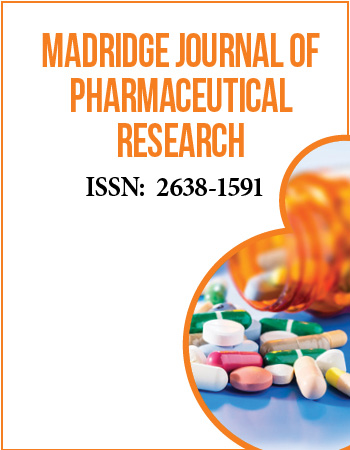2nd International Conference on Pharma & Nutrition, Health and Aging
August 1-2, 2019 Valencia, Spain
School Meals in Light of the Regulation - Assessment of the Public Catering Decree in Primary Schools in Hungary
1National Institute of Pharmacy and Nutrition, Hungary
2University of Physical Education, Hungary
3National Public Health Center, Hungary
Children spend most of their daytime in school, thus food provided by public catering has pivotal role shaping childrenʼs health. In Hungary the Public Catering Decree entered into force in 2015, addressing dietary risk factors and setting standards for food provided by public caterers.
The assessment was carried out in 2017 and supported by the World Health Organization. The aim was to evaluate the implementation of the Regulation in terms of achieving compliance and acceptance and to identify changes compared to the National Nutritional Environment Survey in Schools, 2013.
In a national representative sample of 139 primary schools self-administered questionnaires were filled out by school administrators. In the sub-sample of 33 schools (the sub-sample as in the 2013 assessment) food allotment sheets for 10 school meal days and menus were collected and analyzed for raw materials. The compliance of meals was assessed against the specifications of the Regulation. Three meals served in the sub-sample schools were subjected to food chemistry laboratory analysis to determine the salt content of the food provided.
Results: The proportion of primary schools has increased significantly where fruits and vegetables were provided to children once or more times a day, still not reaching the number of portions specified by the Regulation. 87% of the schools could cater for special dietary needs. The meal quality, assessed by analysis of the food allotment sheets, improved as deep-fried food was served only by 30% of caterers compared to 100% in 2013. The use of low-fat foods as required by the Regulation has become the norm for kitchens. The laboratory measurements demonstrated that the average salt content was 6.7 g / 3 meals, 20% less than in the previous survey but still twice as high as the recommendation. Overall the survey revealed high levels of implementation at almost all evaluation areas of the Regulation.
Biography:
Anita Varga have satisfied the academic requirements of the Semmelweis University Faculty of Health Sciences qualification of Dietitian in 2006 and she continued her studies at Semmelweis University Faculty of Health Sciences and Corvinus University of Budapest Faculty of Food Science joint masterʼs degree programme in Nutritional Sciences and she graduated in 2014. She has been working as a dietitian in the National Institute of Pharmacy and Nutrition in Budapest almost for 11 years. She is interested in public catering, food and nutrition related surveys and take part in the preparation of nutritional recommendations and legislations.


